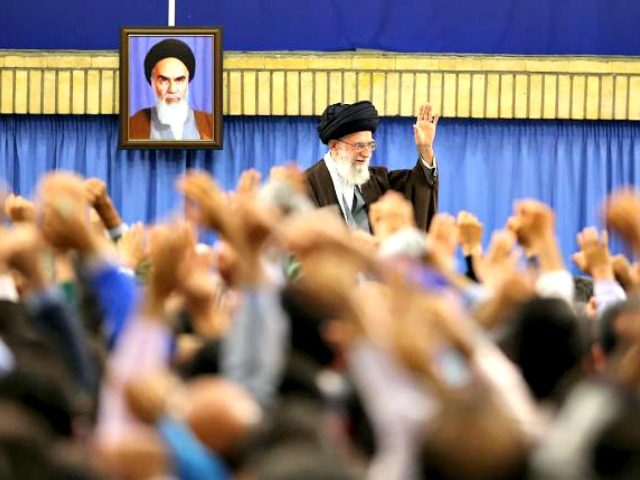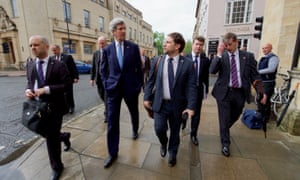American_Jihad
Flaming Libs/Koranimals
- Thread starter
- #81
How Obama Made Iran's Latest "Destroy Israel" Missile Launches Possible
March 10, 2016
Daniel Greenfield

Back in the Senate, Obama was a fierce opponent of classifying Iran's IRGC, the core organizing point for Iran's national and international terror network, as a terror group. He complained that such a move would be provocative. The worthless Iran nuke deal didn't apply to Iran's ballistic missile program. And the sanctions relief brought an economic windfall to the IRGC.
So this is the inevitable outcome, not just of Obama's deal with Iran, but of his entire policy history on Iran even before he took office.
...
So either Iran is pursuing a ballistic missile program for no particular reason or it's continuing its nuclear weapons program while deliberately mocking Obama. Two guesses which one it is.
Jewish voters who believed Obama have been shown up once again. But it isn't likely that they will learn. The cults of personality that drive people to support candidates, even when their views sharply contradict their supposed deeply held values, are fiercely powerful. And no amount of evidence can dissuade Jewish voters caught up in a cult of personality from voting for anti-Israel candidates.
Obama has effectively allowed Iran's nuclear weapons program to proceed under the cloak of plausible deniability in which he pretends to believe Iran's lies so that it can advance toward war.
How Obama Made Iran's Latest "Destroy Israel" Missile Launches Possible
March 10, 2016
Daniel Greenfield

Back in the Senate, Obama was a fierce opponent of classifying Iran's IRGC, the core organizing point for Iran's national and international terror network, as a terror group. He complained that such a move would be provocative. The worthless Iran nuke deal didn't apply to Iran's ballistic missile program. And the sanctions relief brought an economic windfall to the IRGC.
So this is the inevitable outcome, not just of Obama's deal with Iran, but of his entire policy history on Iran even before he took office.
...
So either Iran is pursuing a ballistic missile program for no particular reason or it's continuing its nuclear weapons program while deliberately mocking Obama. Two guesses which one it is.
Jewish voters who believed Obama have been shown up once again. But it isn't likely that they will learn. The cults of personality that drive people to support candidates, even when their views sharply contradict their supposed deeply held values, are fiercely powerful. And no amount of evidence can dissuade Jewish voters caught up in a cult of personality from voting for anti-Israel candidates.
Obama has effectively allowed Iran's nuclear weapons program to proceed under the cloak of plausible deniability in which he pretends to believe Iran's lies so that it can advance toward war.
How Obama Made Iran's Latest "Destroy Israel" Missile Launches Possible












